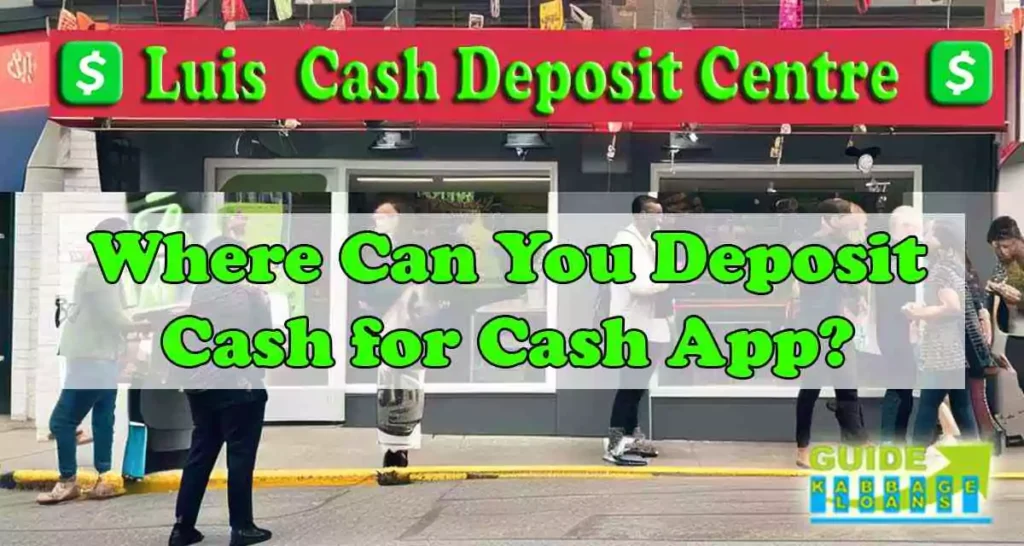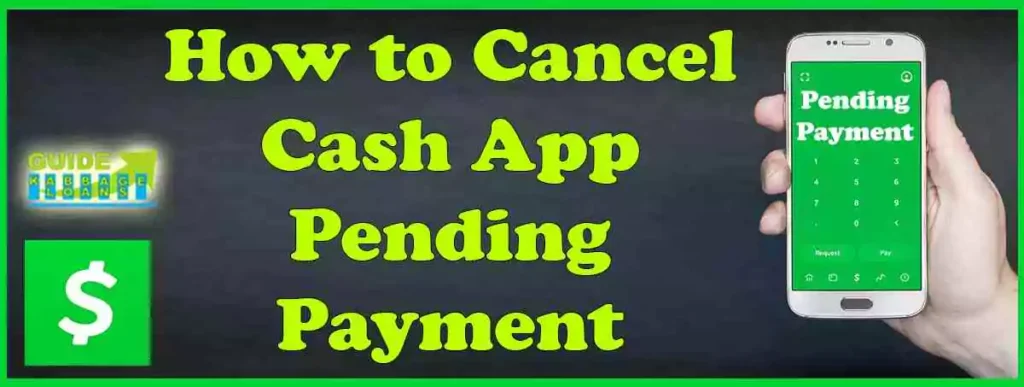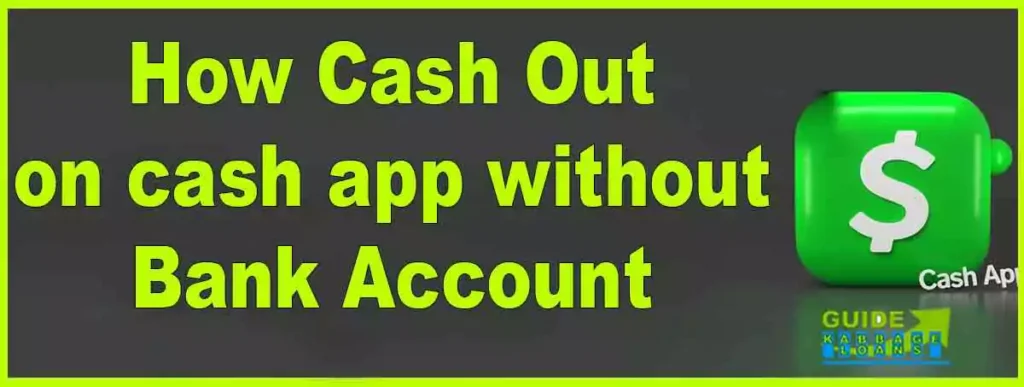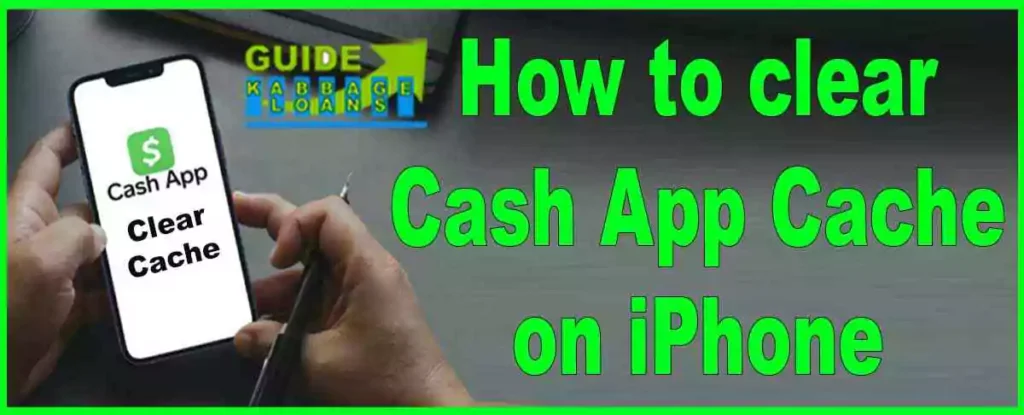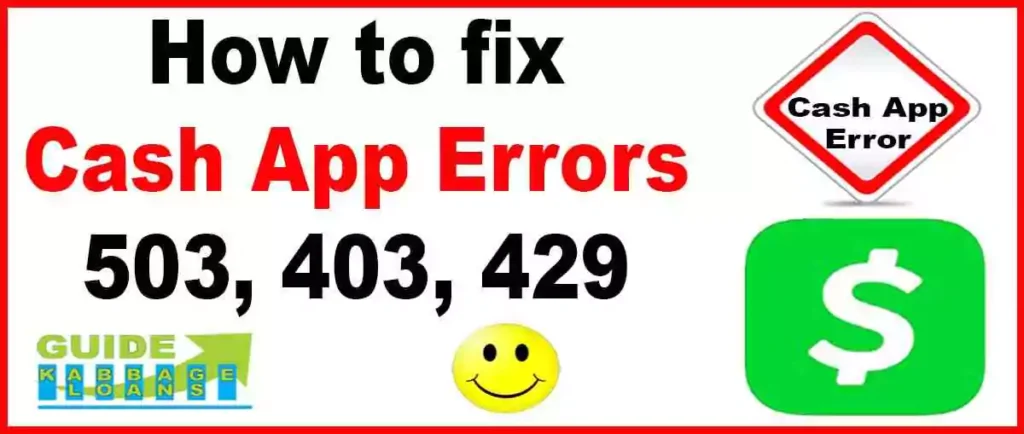Are you confused about depositing cash on the Cash App? Do you have a question “Where Can I Deposit Cash for Cash App” then this article is just for you. Today in this article we will tell you that if you have cash and want to deposit it in Cash App, where will you have to go, what are the options by which you can deposit your money on Cash App? So let us discuss this in detail.
We have already told you about how to deposit cash on Cash App, but we did not tell you about where you will have to go to deposit Cash App. There are many options available for depositing cash on Cash App. At many places, you will find retailers who will deposit your cash in your Cash App account. You need to know how you can find those retailer merchants and where these retailers can be found.
Exploring Cash Deposit Options for Cash App
Table of Contents
TogglePreviously, there wasn’t an option to deposit cash on the Cash App. However, this option was later introduced because individuals who dealt with cash found it troublesome to deposit their cash into their Cash App accounts.
Cash App took a significant step in this regard by partnering with retailers in various locations. These retailers facilitated cash deposits into Cash App accounts from any individual, charging a nominal fee for the service. This made the process much easier for people who previously faced difficulties, thereby making the option of a cash deposit on Cash App increasingly popular.
Where can I deposit cash for Cash App?
You can deposit paper money into your Cash App balance at various participating retailers. Cash App facilitates this service with a flat-rate $1 processing fee for each paper money deposit, which is automatically deducted from the deposited funds.
Deposit Locations: Paper money deposits are supported at numerous merchants, including:
- 7 Eleven
- Baker’s
- Bashas’
- City Market
- Circle K
- CVS Pharmacy
- Delek
- Dillons
- Dollar General
- And many more.
To locate a deposit location near you, access the map in the Paper Money section of your Cash App Banking tab. Simply tap on the Banking tab, select Paper Money, and use the map or search bar to find a convenient location.
ID Verification: Some merchants may require ID verification as an additional step when depositing cash. Since the deposit is made at a store, you must adhere to the specific policies of that location regarding ID verification.
(( Reference: This information has been gathered from the official Cash App website. For further details, you can visit the website. ))
Where can I deposit cash on my Cash App card?
In the previous answer, we mentioned retailers as places where cash can be deposited into the Cash App. These same retailers also accept cash deposits into Cash App cards.
Deposit Locations: Paper money deposits are supported at numerous merchants, including 7 Eleven Baker’s Bashas’ City Market Circle K CVS Pharmacy Delek Dillons Dollar General, And many more.
Alternative Methods to Deposit Cash into Cash App
While the Cash App officially offers only one option to deposit cash onto the platform—through retail stores, did you know that there are alternative methods available? Below, we’ve outlined four such alternatives that enable you to deposit cash into your Cash App account:
- Transfer from Another Cash App User: One option is to receive an online amount from another Cash App user directly into your Cash App account. This option provides flexibility, allowing you to instantly transfer funds to your Cash App account in times of urgent need. Cash App’s instant transfer charges are not high, they offer convenience and accessibility. And when you receive this amount, there is no charge for receiving money on Cash App.
- Direct Transfer from Another Bank Account: Another alternative is to transfer funds directly from your other bank account to your Cash App card. If online payment options are available in your other bank account, After the amount is transferred, check your Cash App card balance.
- Transfer from Linked Bank Account: In the third option, you can visit your bank and deposit cash directly into the bank account linked to your Cash App card. Once the deposited amount is reflected in your linked bank account, you can transfer it to your Cash App account by accessing the Cash tab in the app and selecting the “Add Cash” option.
- Transfer from Giftcards: The fourth option is to transfer the amount from a gift card to your Cash App. If we buy any gift card from someone with our cash and transfer that gift card to our Cash App account. For example, if you purchase a vanilla gift card with your cash, you can transfer it to Cash App. We have already told you three indirect methods of transferring money from Vanilla Gift Card to Cash App.
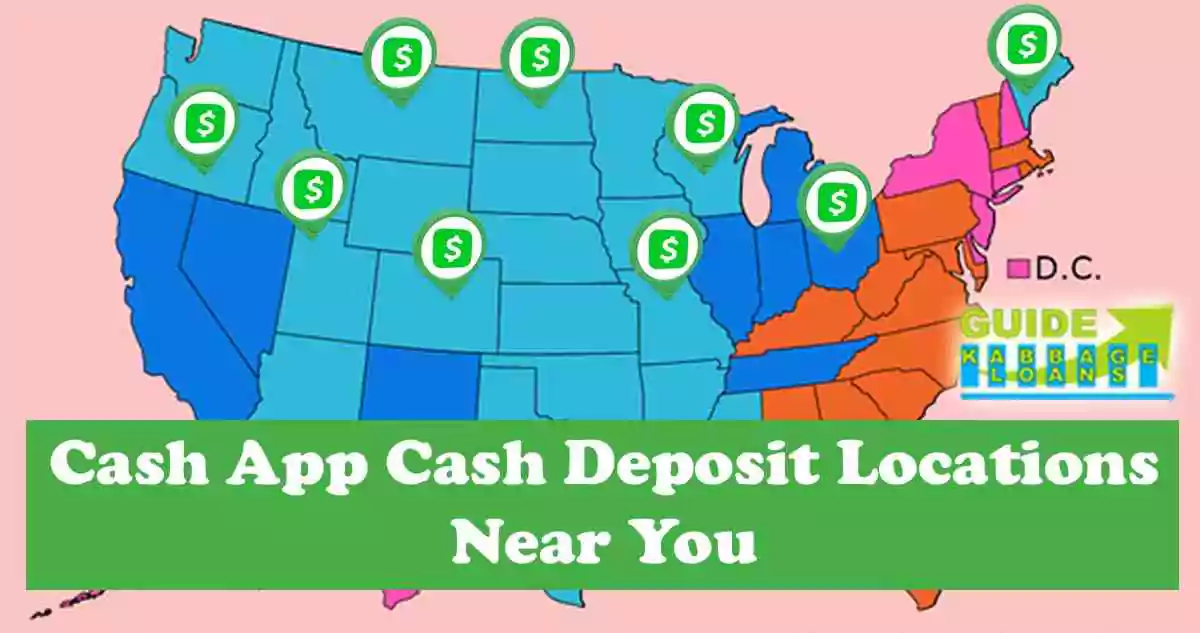
Find Cash App Cash Deposit Locations near you.
To locate Cash App cash deposit locations near you, follow these simple steps:
- Open your Cash App and navigate to the Banking tab.
- Select “Paper Money” from the options provided.
- Use the map displayed to find a deposit location near your current location.
- Alternatively, you can utilize the search bar to enter a specific address or location.
- Once you’ve identified a suitable deposit location, you can choose to get directions directly from the app or copy the address for use in your preferred navigation application.
By following these steps, you can easily find Cash App cash deposit locations in your vicinity and conveniently make your deposits.
Tips for Hassle-Free Cash Deposits
To ensure a hassle-free cash deposit experience, it’s important to consider a few additional tips:
- Check Operating Hours: Before heading to the selected deposit location, make sure to check their operating hours. This ensures that you visit the location when it’s open and operational, avoiding any inconvenience.
- Carry Valid ID: While most cash deposit locations affiliated with Cash App don’t require identification, it’s still advisable to carry a valid ID with you. Some retailers may request verification, especially for larger transactions, so having your ID handy can expedite the process.
- Prepare Your Cash App Barcode: When you arrive at the deposit location, ensure that your Cash App barcode is readily accessible for scanning. This barcode is essential for initiating the deposit transaction and allows the cashier to identify your Cash App account quickly.
- Double-check Transaction Limits: Before making your deposit, verify the transaction limits for cash deposits on your Cash App account. This ensures that your deposit amount falls within the allowable limits, avoiding any issues during the transaction.
- Consider Convenience Fees: Some deposit locations may charge convenience fees for cash deposits. It’s wise to inquire about any applicable fees beforehand to avoid unexpected charges and plan your deposit accordingly.
Cash App Paper Money Deposit Fee
When using the Cash App to deposit paper money, there is a processing fee of $1 for each transaction. This fee is automatically deducted from the deposited funds. It’s important to note that the fee may vary depending on the specific merchant and location due to different tax rules and regulations.
Therefore, the fee could be lower or higher based on these factors. But as far as we can see, the charge for cashing out from Cash App is less as compared to the fees for depositing paper money on Cash App.
Cash App Cash Deposit Limit
Cash App users are allowed to deposit funds into their accounts within certain limits. Specifically, individuals can deposit up to $1,000 within a rolling 7-day period and up to $4,000 within a rolling 30-day period.
Ensuring Security for Your Cash Deposits
Here are some security points to consider when making cash deposits at Cash App cash deposit merchants:
- Choose reputable locations: Select well-known and trusted cash deposit merchants affiliated with Cash App to ensure security.
- Verify merchant details: Confirm the merchant’s identity and legitimacy before making any cash deposits.
- Check for security features: Look for security measures such as surveillance cameras and security personnel at the deposit location.
- Protect your personal information: Avoid sharing sensitive details such as your Cash App login credentials or account information with anyone at the deposit location.
- Verify transaction details: Double-check the amount you are depositing and ensure that it matches the intended transaction before finalizing the deposit.
- Keep transaction receipts: Retain receipts or transaction records for your cash deposits as proof of the transaction.
- Monitor account activity: Regularly review your Cash App transaction history to detect any unauthorized or suspicious activity.
Conclusion.
Depositing cash into your Cash App account has become more convenient with various options available, including retail stores and alternative methods like online transfers and gift card transfers. By understanding the deposit process, locations, fees, and security measures, users can ensure a hassle-free experience while managing their funds effectively on the Cash App.
FAQs.
Can I deposit cash at an ATM for Cash App?
No, Cash App does not currently support cash deposits at ATMs.
What bank can I deposit cash for Cash App?
Cash App allows cash deposits at participating retail locations listed on the app.
How to put money on Cash App Card at an ATM?
Cash App cards cannot be loaded with funds at ATMs. Instead, use supported retail locations for cash deposits.
Is there a minimum amount required for cash deposits on Cash App?
Yes, the minimum amount for cash deposits is typically $5.
How long does it take for cash deposits to reflect in my Cash App account?
Cash deposits usually reflect instantly or within a few minutes.
Do I need to verify my ID for cash deposits?
Some merchants may require ID verification for cash deposits.
Thanks for your visit.
(Where Can I Deposit Cash for Cash App?)
Disclaimer: The information provided in this article is based on research from the Cash App website. It is intended for informational purposes only and should not be considered financial advice. Readers are encouraged to verify the accuracy of the information and consult with financial experts or relevant authorities before making any financial decisions or transactions.

